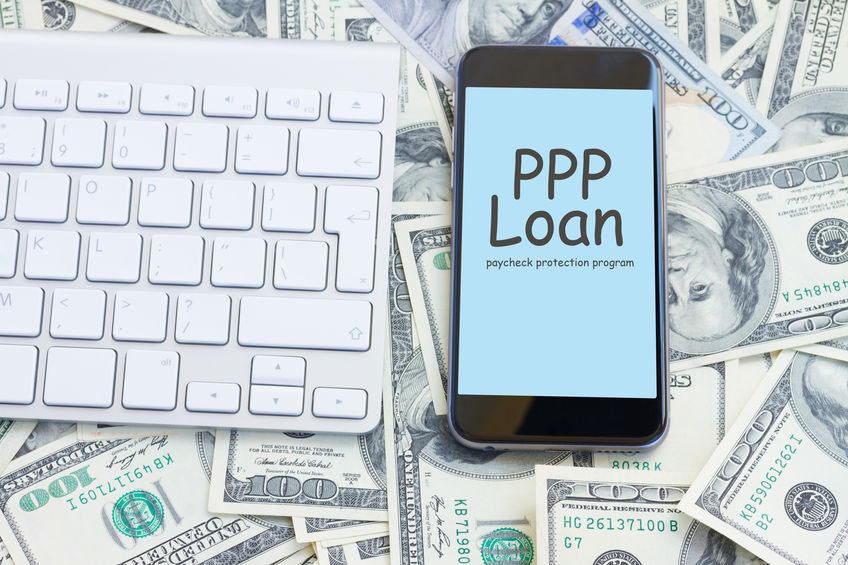With the SBA’s release of the simplified PPP Loan Forgiveness Application, business owners are trying to navigate all the available options for PPP loan forgiveness. Here are some common questions with answers according the SBA’s regulations as of October 13, 2020. Please note that the SBA’s requirements and application process for PPP Loan Forgiveness are constantly evolving, thus you should always double check that this information is consistent with the current guidelines provided by the SBA.
Which PPP Loan Forgiveness Application Should I Use?
There are currently 3 loan forgiveness applications: Form 3508, 3508EZ, 3508S. The 3508EZ is the short-form application and a borrower is eligible to use this application if it meets one of the following criteria:
- Self-employed and have no employees (this includes independent contractors and sole proprietorships)
- Did not reduce the salaries or wages of their employees by more than 25%, and did not reduce the number or hours of their employees
- Experienced reductions in business activity as a result of health directives related to COVID-19, and did not reduce the salaries or wages of their employees by more than 25%.
The 3508S form is the most simple as it does not require any calculations. A borrower is eligible to use this application if:
- The amount of the loan is less than $50,000
- The business has not reduced the number of full-time employees from its pre-pandemic number or reduced pay rates by more than 25%.
If the borrower does not fit into the qualifications for either application, then the borrow must use the standard form 3508.
Do I have to Submit Original Documents with My Loan Forgiveness Application?
No, the SBA allows applicants to submit scanned copies of the signed application and any other documentation required by each application.
What is the Deadline to Submit an Application for PPP Loan Forgiveness?
Some PPP loan forgiveness application forms have a misleading expiration date. This expiration date does not indicate a deadline for application.
Borrowers may submit a loan forgiveness application any time before the maturity date of the loan, typically 2-5 years from loan origination. Yet, a borrower must apply for loan forgiveness within 10 months after the last day of the borrower’s loan forgiveness covered period to defer payments. For example, a borrower whose covered period ends on November 30, 2020 has until September 30, 2021 to apply for loan forgiveness before loan repayment begins.
If I Submit my PPP Loan Forgiveness Application on Time, Do I Have to Make Payments Prior to SBA Remitting the Forgiveness Amount?
If the loan forgiveness application is completed within 10 months of the completion of the covered period, then the borrower is not required to make any payments until the forgiveness amount is remitted by the SBA to the lender. The covered period is either the 24-week period beginning on the date of PPP loan disbursement. If the borrower received its PPP loan before June 5, 2020, the borrower may elect an 8-week covered period instead.








